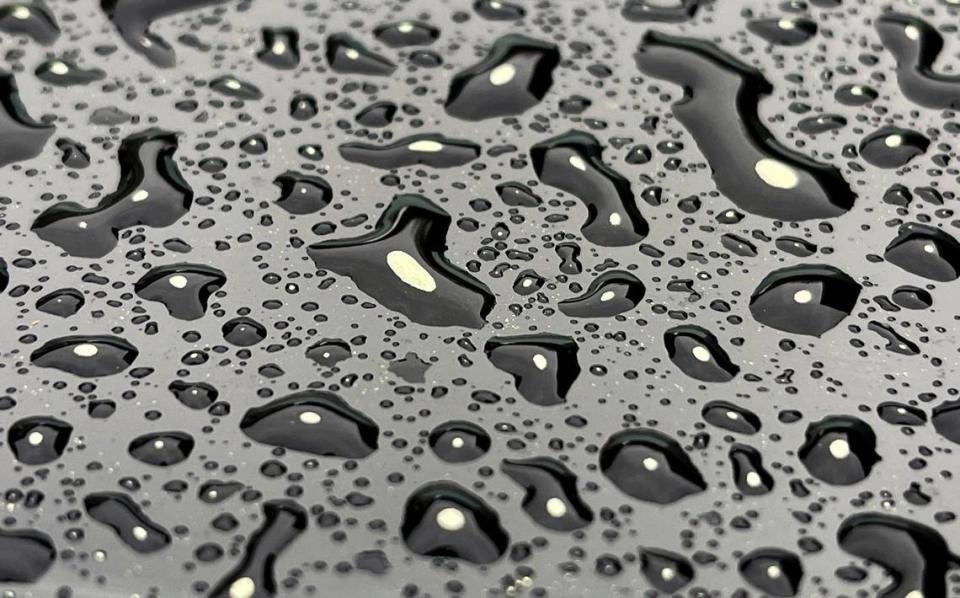When is it safe to wash your car? Here’s when the pollen will stop falling in NC
One of the warmest winters on record in our part of the state led to an early appearance of that vernal vexation — pollen — which Mother Nature applies like the first layer of a powder coat paint job.
When will the yellow haze clear?
It turns out there’s a mathematical formula for that.
Dr. Robert Bardon, associate dean of extension and a professor of Forestry & Environmental Resources at N.C. State University, has tracked the release of pollen in the Raleigh area since 2015. The formula he uses to predict when the trees begin to release pollen involves the daily temperature variant above 55 degrees after Feb. 1.
Here’s his formula: Every day the high temperature exceeds 55 degrees, the excess is added to a running total. At around 300, Bardon says, pollen starts to fall. At 636 excess degrees, tree pollen production peaks. Three days to a week later, it’s over.
“We’re probably a third to half-way through, based on projections,” Bardon said last week, since some trees began releasing pollen in late February. Unless they’re allergic to the pollen from hardwood trees, most people probably didn’t notice anything in the air until the pine trees released.
In North Carolina, pine pollen is the one that coats cars and sidewalks, crunches between the teeth and signals it’s time to give up on the fantasy of a late-winter snowfall and start trying to remember where we put away the summer clothes.

According to Bardon’s calculations and current weather forecasts, visible tree pollen will peak in Raleigh around April 6. Passing showers knock down some of the pollen from the air, but they don’t slow its production.
That means it’ll be safe to wash the car by April 13. Or clean off the patio furniture and the bicycles left on the back porch.
If the weather is cooler than current forecasts, the peak will be a little later. If it’s warmer, the peak will happen earlier.
Of course, weeds and grasses will soon join the plant reproductive party, releasing pollen through the fall. They’re a little more discreet, but cause plenty of problems for people with allergies.
Be prepared for pollen season: Tips and research for allergy sufferers in NC
The annual Pollening is here, NC. Here’s how to cope and how to get allergy relief


